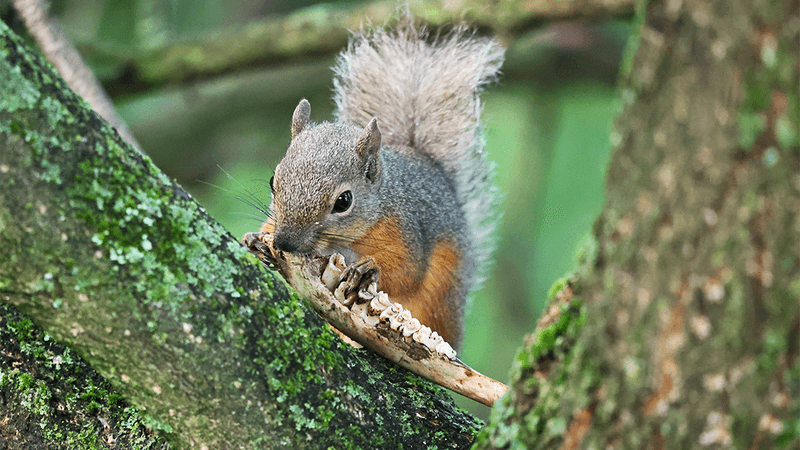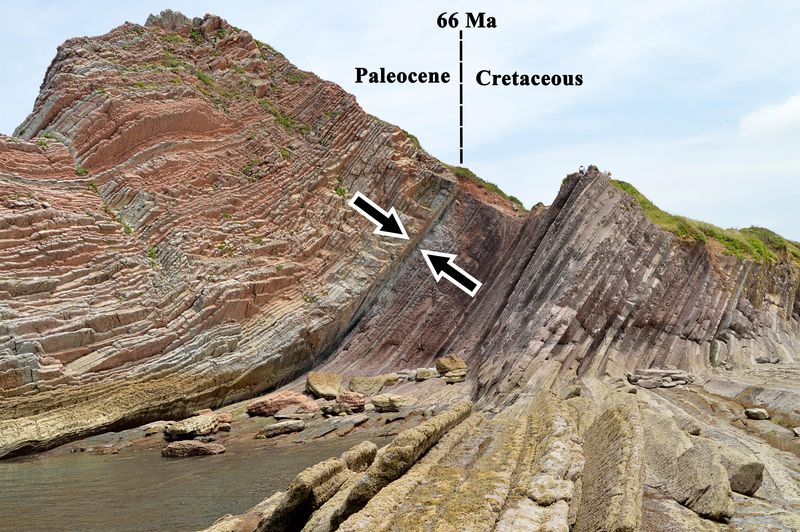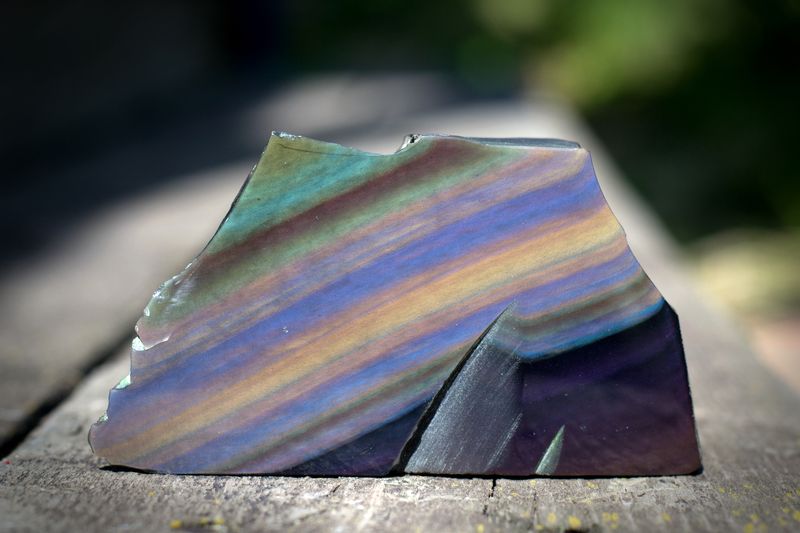When you think of a squirrel, your mind is probably more drawn to images of cute little woodland creatures, or even a critter burying acorns in the park. However, for researchers in Japan the tale gets a little more grisly, as they observed a squirrel chowing down on a bone.
Japanese squirrels (Sciurus lis) are more well-known for eating seeds, flowers, and fruit, and Japanese walnuts can make up as much as 35 percent of their annual diet in certain areas of Japan. However, several individuals have been seen gnawing on the bones of sika deer (Cervus nippon) in Chino City, Nagano Prefecture, Japan.
“I first observed this behavior on July 10, 2023, I observed a female squirrel gnawing on the bone for about five minutes,” study author Kenji Suetsugu told IFLScience.
While this is a pretty unusual and quite freaky behavior the team also noticed something else about the squirrels that were eating the bones. They found that those with a tendency to chew the bones were in fact lactating mother squirrels.
The behavior of squirrels gnawing on bones exemplifies how animals can find creative solutions to meet their nutritional needs!
Dr Kenji Suetsugu
“The key to understanding this behavior seems to lie in the observation that many individuals engaging in it are lactating mothers. Female squirrels likely experience increased mineral needs during their reproductive and nursing periods, and gnawing on bones could help them acquire essential minerals like calcium and phosphorus. So far, I have only observed nursing females exhibiting this behavior, and it remains unclear whether males also gnaw on bones,” explained Suetsugu.
This is not as unusual as it sounds. There was also an anecdotal report of a different squirrel species eating bones in 1940, the eastern gray squirrel (Sciurus carolinensis), which also turned out to be lactating mothers.
The researchers think that gnawing on the bones proves the mothers with minerals such as calcium and phosphorus, which would be needed due to the increased energy and mineral requirements of breeding and feeding offspring. The team have even observed that the behavior is not limited to deer bones, suggesting that the squirrels are pretty resourceful in meeting their mineral needs.
“In terms of calcium, bones might be the best available source. I have also observed Japanese squirrels gnawing on small animal bones and snake bones in the past.”
While the sight of an adorable Japanese squirrel chewing on a deer jawbone might send shivers down your spine, at least you now know that they are keeping the next generation of squirrels healthy.
“It’s fascinating to see how animals adapt to their environments in unexpected ways. The behavior of squirrels gnawing on bones exemplifies how animals can find creative solutions to meet their nutritional needs!" concluded Suetsugu.
The study is published in Frontiers In Ecology and the Environment.





